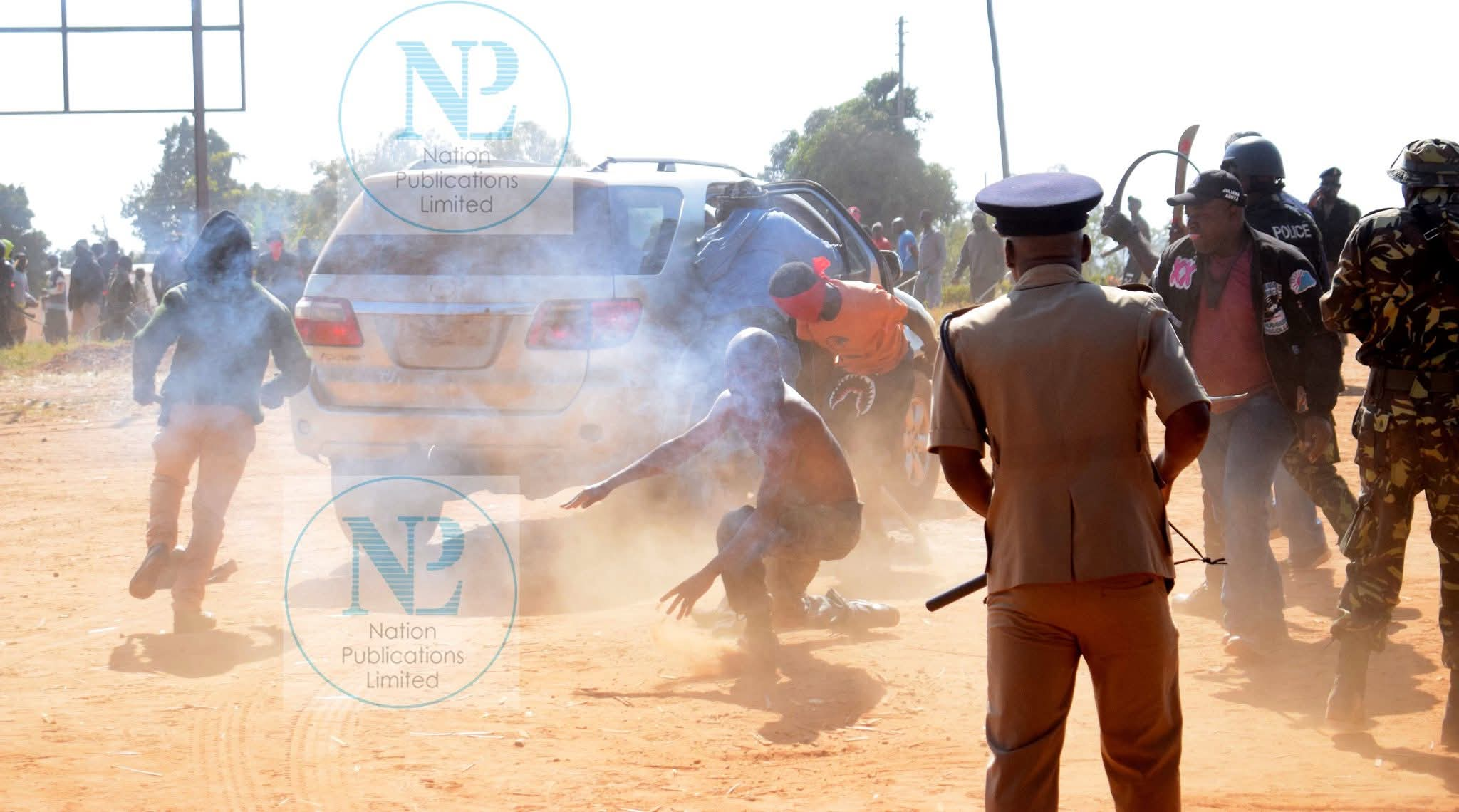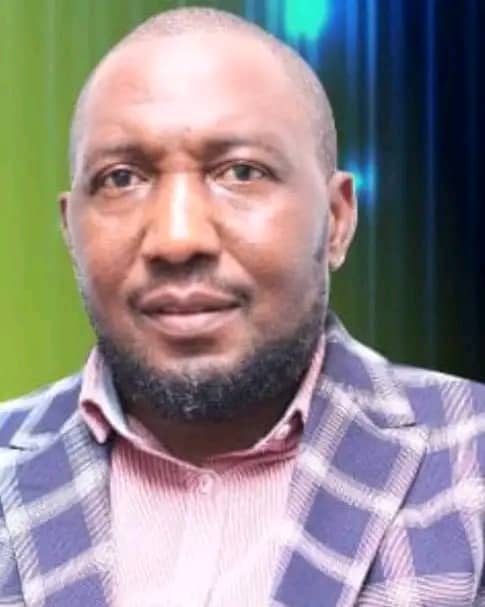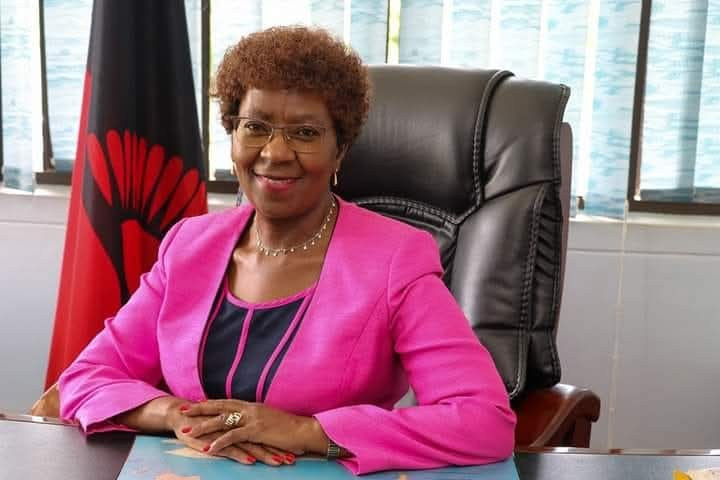By Burnett Munthali
On several occasions in recent years, Malawians have watched in disbelief as law enforcement officers stood by during incidents of political violence, civil unrest, and public disorder.
The visible inaction of police and military personnel during such events has sparked serious public outrage and raised questions about the credibility and integrity of the country’s security forces.
In many cases, citizens have captured video evidence of officers either arriving late, retreating from scenes of violence, or watching passively as crimes unfold in front of them.
These incidents are not isolated, and the pattern suggests more than just poor coordination—it hints at a structural failure, or worse, a degree of complicity in the violence.
Malawi’s Constitution is clear on the roles and responsibilities of its security forces.
Section 153 establishes the Malawi Police Service as an independent organ responsible for the protection of public safety and the rights of all people in Malawi.
The Constitution mandates the police to act without fear or favour, and to prevent, detect, and investigate criminal acts while maintaining law and order.
Similarly, the Malawi Defence Force is constitutionally tasked with upholding the sovereignty of the nation, defending its territorial integrity, and assisting in civil protection when necessary.
Both institutions are, by law, expected to remain politically neutral and act in the interest of national stability and citizen welfare.
However, the conduct of some officers during incidents of political clashes and protests has directly contradicted these constitutional obligations.
One of the most glaring examples occurred during a protest in early 2024, when demonstrators were violently attacked by ruling party supporters while police stood by without intervening.
Eyewitnesses reported that despite repeated calls for help, the police took no action to stop the beatings or arrest the perpetrators.
In another case, during a public rally held by an opposition party in Karonga, tear gas was fired on the crowd, yet no action was taken against the individuals who had instigated the conflict.
This selective enforcement undermines public trust and raises the spectre of partisan policing.
Legal experts have warned that such failure to act amounts to dereliction of duty and may, in certain instances, be interpreted as aiding and abetting violence.
Section 15 of the Constitution guarantees all Malawians the right to personal security and equal protection under the law.
When security agencies fail to uphold these rights, they are not only violating their professional oath but also breaching constitutional principles.
Moreover, inaction in the face of violence may violate international human rights obligations, including the African Charter on Human and Peoples’ Rights, to which Malawi is a party.
The implication of this growing pattern is the normalization of impunity.
When offenders are not arrested and victims are not protected, the message sent to the public is that violence can be used as a tool for political gain without consequences.
This environment of lawlessness creates fear, weakens democracy, and exposes vulnerable groups—including women, children, and minority voices—to targeted harm.
Civil society organisations, including the Malawi Human Rights Commission and the Centre for Human Rights and Rehabilitation, have repeatedly called for a comprehensive security sector reform.
They argue that Malawi cannot afford to have politically compromised institutions tasked with ensuring law and order.
Calls for greater accountability have included demands for the establishment of an independent complaints body to investigate and discipline officers who fail to perform their duties.
Parliamentarians have also debated legislation to strengthen internal checks and balance mechanisms within the Malawi Police Service and the Defence Force.
For Malawi to build a society grounded in justice and equal protection, its security agencies must adhere strictly to their constitutional and legal mandates.
The police and military must not serve political interests but the people of Malawi.
Until security forces are held accountable for inaction and complicity, the country’s democracy will remain under threat—not just from those who commit acts of violence, but from those who were meant to prevent them and failed.




